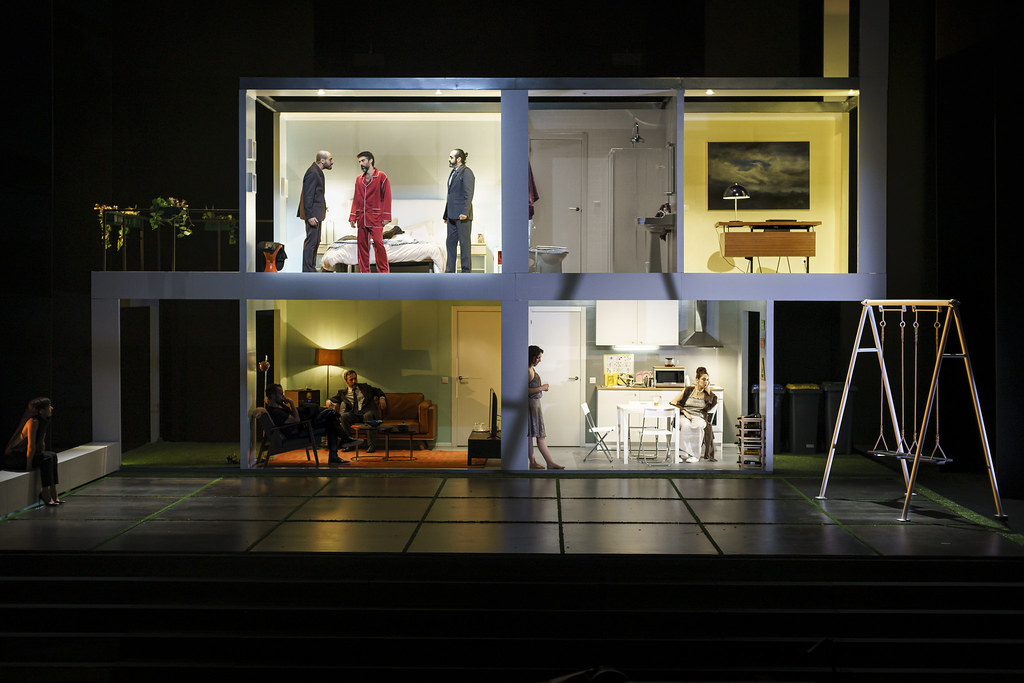Description
Castro (1598), a play by poet António Ferreira, marks the first incursion of Nuno Cardoso into a canonic piece of Portuguese theatre, Portugal’s first classical tragedy. He intends to inhabit this literary fiction, which itself offers a very particular version of the historical drama/legend/myth of star-crossed lovers Pedro and Inês, making us “see with other eyes”. An immense stage-house-country confronts us with the tangible intimacy of characters that are in thrall to themselves and their intransigence. In Castro, like in Danton’s Death, the issue of utopia (as regards love, as well as revolution) plays a crucial role. Its dark reverse is exposed here: love/desire and power as addiction and chaos, as a blindness that “tarnishes/ The briliant rays of the ancient glory”. And how that tarnishing impairs the powers of decision and replicates itself, tainting with blood and revenge the family’s fabric, via a peculiar dislocation of Castro’s focal point from Inês to Pedro’s mirror-like relationship with his father, King Afonso IV.








